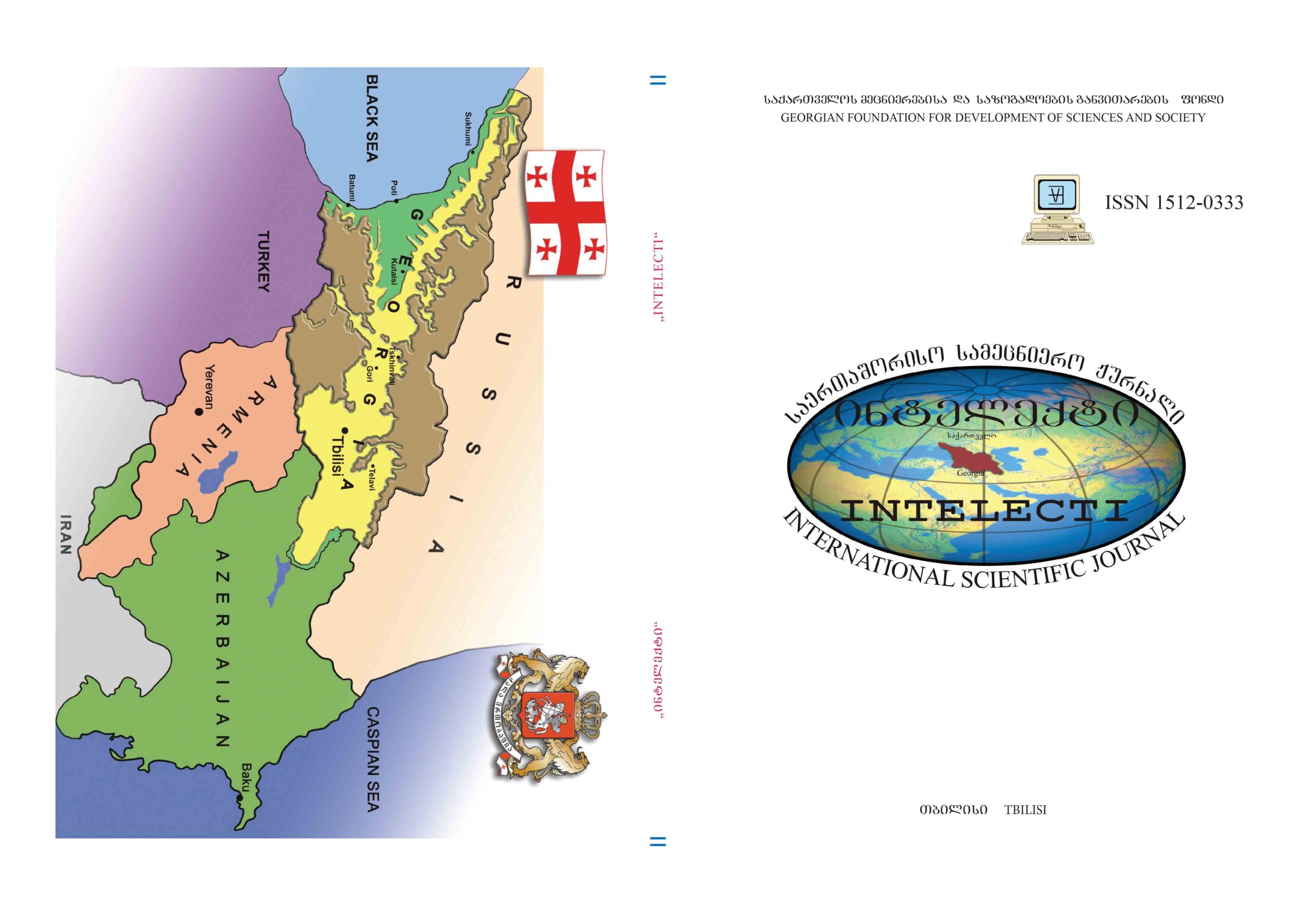Perspectives on Intercultural Education in Teaching Georgian History
Main Article Content
Abstract
This article explores the development of intercultural competencies among students in general education institutions.
The study examines the role of both formal and informal learning environments in fostering these competencies, as well as the
level of intercultural sensitivity within school communities and the factors that influence its formation. The research involved
149 respondents (137 students and 12 teachers). Intercultural competence was defined through three components - knowledge,
skills, and attitudes - assessed at the individual level. The diagnostic phase revealed that current history textbooks are either not
aligned with, or only minimally aligned with, multiperspective approaches and the integration of cultural diversity. Teachers
tend to associate intercultural competencies exclusively with challenges in ethnically diverse settings and show limited
awareness of the need to develop these competencies in monocultural schools as well. While students display positive attitudes
toward different cultures, their knowledge remains superficial, and cultural hierarchies are frequently evident in their
perceptions. Following the implementation of targeted interventions, significant improvements were observed across all
components, particularly in students’ ability to recognize stereotypes. The findings of this research have practical implications
for enhancing history teaching methodologies, integrating multiperspective approaches into textbooks, fostering intercultural
competencies in teacher training programs, transforming school organizational culture, and shaping social integration policies.
The development of intercultural competencies is a long-term, multi-stage process that requires a systematic approach and
cannot be achieved through the isolated efforts of a single subject or teacher. Profound transformation of the education system
is essential to establish an institutional framework that effectively prepares students for active and responsible citizenship.
